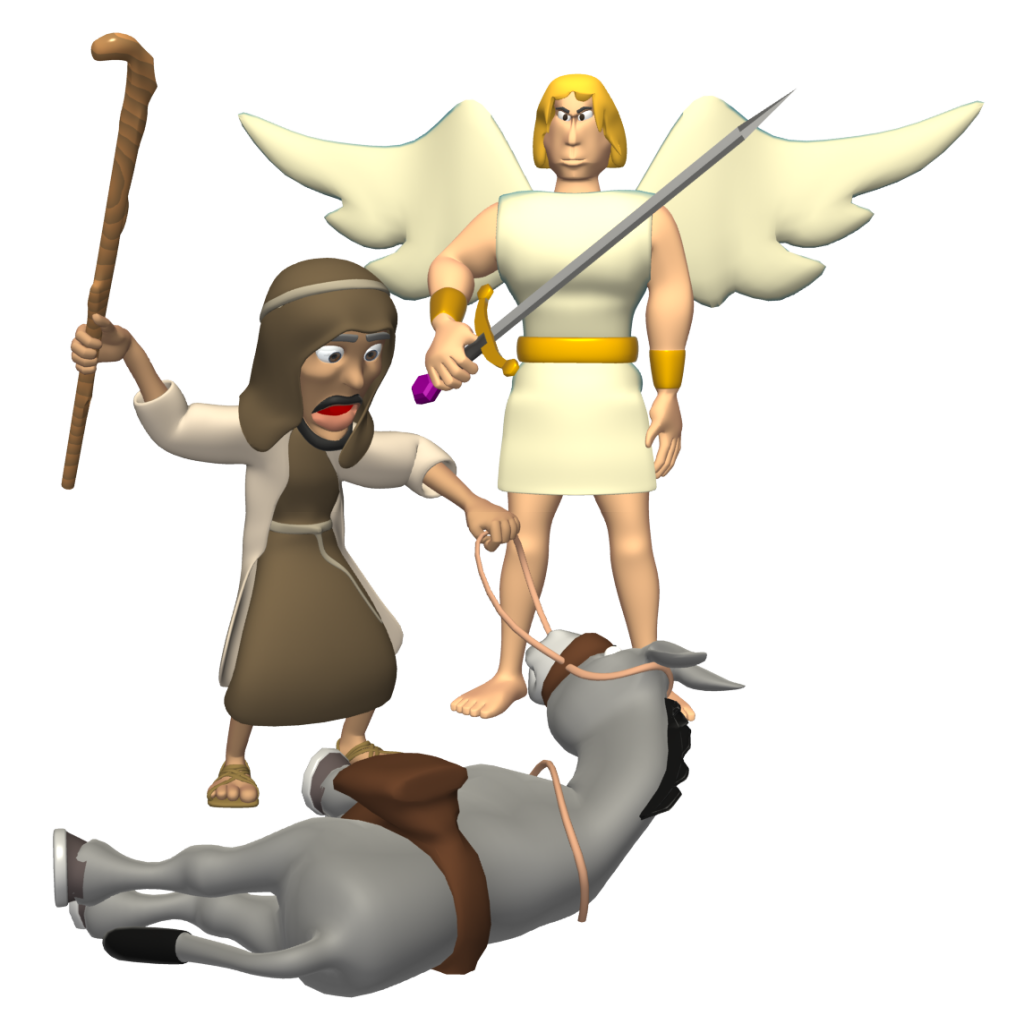Psalms 16:7, Reigns/heart/kidneys instruct me. Is this a reference to our “gut feelings” and our need to trust them? Night seasons is a poetic way of saying “difficult time of darkness, confusion, indecision, and uncertainty.”
This may be one way the Set-Apart Spirit directs us is through our inner or deep conscience. In reference to the Set-Apart Spirit, Yeshua said that out of our bellies will flow living waters (John 7:37–38).
The Hebrew word navi often translated as prophet can, according to some lexicologists (e.g., Gesenius) means “to bubble up” in an almost ecstatic sense, presumably under the influence of the Spirit of Elohim. If this is the true meaning of the word, then perhaps there’s some connections between the gut instructing one, living waters flowing from one’s belly, and the word of YHVH bubbling up prophetically out of one’s belly.



